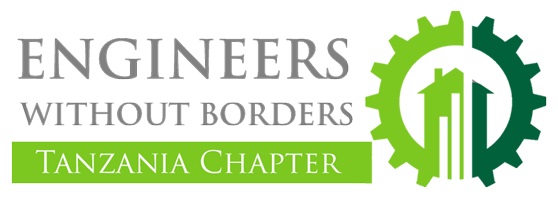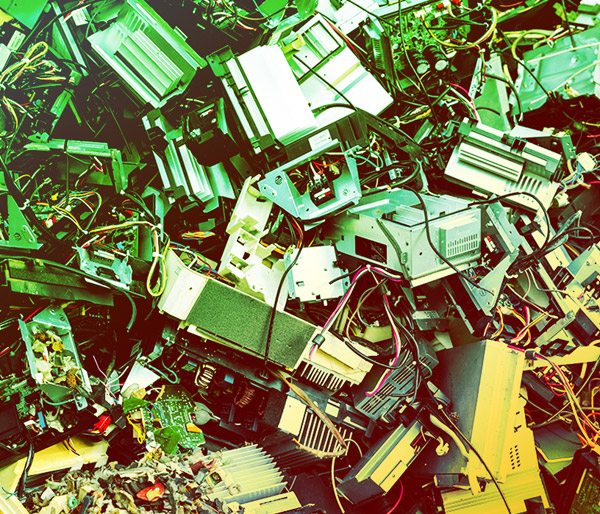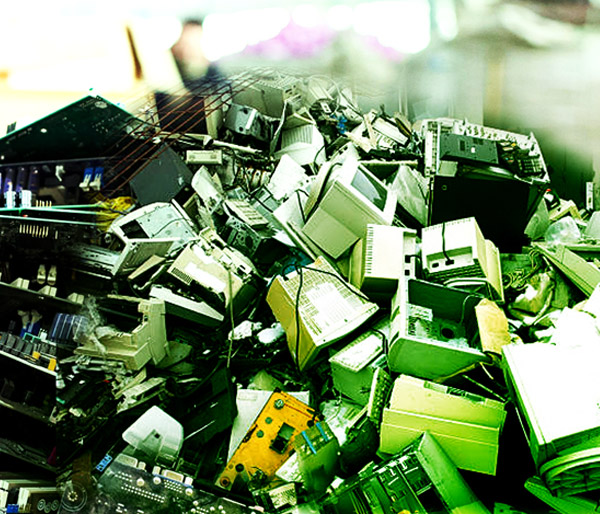
E-Waste Management in Tanzania – The Problems, Challenges, and Solutions to E-Waste
E-waste, or electronic waste, is one of the fastest-growing waste streams globally, and Tanzania is no exception.
The country is experiencing a significant uptick in the volume of discarded electronics, driven by two primary factors: the increased importation of second-hand electronic devices—a phenomenon often labeled as “digital dumping”—and the accelerated domestic uptake of technology.
This trend mirrors the broader pattern observed in many low- and middle-income countries, where rapid technological adoption often outpaces infrastructure development for end-of-life management.
According to UNEP (UN Environment Programme) and regional research initiatives, Tanzania could generate tens of thousands of tons of e-waste annually, with growth expected to continue due to rising mobile phone penetration, increased access to ICTs, and expanding electricity coverage.
E-Waste Program
Our Activities
Engineers without Borders Tanzania collaborate with different industry stakeholders in undertaking its wide range of activities which include but not limited to;
Engineers without Borders Tanzania collaborates with different industry stakeholders in undertaking its wide range of activities, which include but are not limited to;
Activities
- Development/utilization of a digital platform that provides comprehensive, accurate and timely data on e-waste management status in the country for planning and decision making
- Advocating for an effective e-waste tracking or reporting mechanism, making it easier to monitor progress, assess compliance, or respond to emerging hotspots.
- Strengthening public and Industry awareness, making the citizens and entities understand better their obligations under the existing e-waste policies
- Promoting e-waste collection, dismantling, recycling and disposal best practices that are safe and environmentally sustainable
- Providing technical training/expertise in safer handling techniques and management of e-waste, including hazardous ones
- Investing in recycling hubs, certified collection points, and safe dismantling facilities through collaboration with private actors
- Conducting study and analysis on environmental and health impacts of e-waste handling on ecosystems and human health, particularly among vulnerable populations
- Creating centres of excellence in e-waste management utilizing appropriate infrastructure, expertise and technological innovations.



